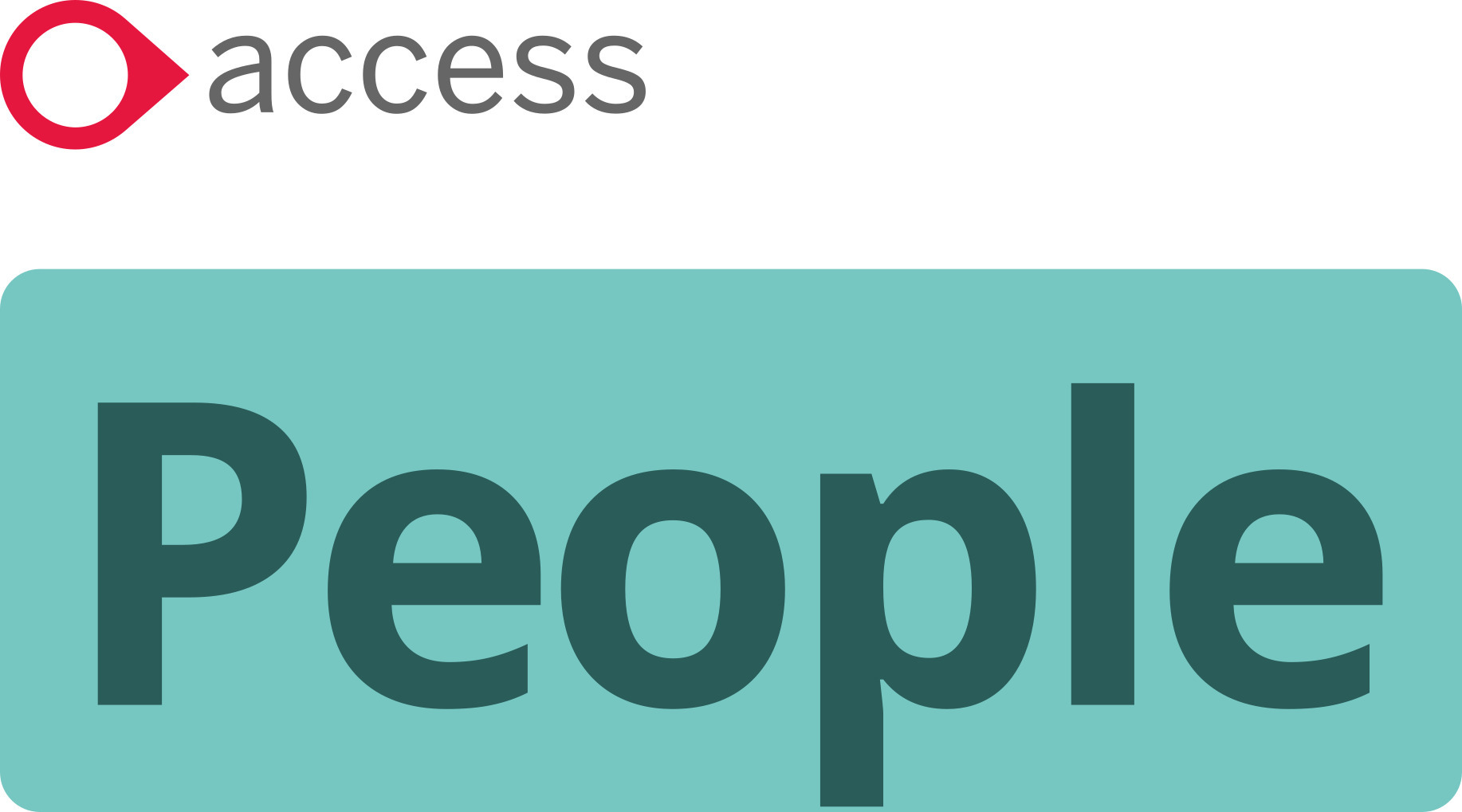In recent years, various factors have been driving a shift in thinking about the role and purpose of business as an institution in society. In particular we are all more aware of the scale and urgency of the sustainability challenges we face.
Shifting perceptions around environmental, social and governance issues have led to heightened public expectations about the leadership role companies are expected to play. As such, there is also a need to rethink the metrics and methods we use to evaluate the impact of corporate learning and development programmes.
Whereas in the past, businesses were seen to have one key stakeholder – their owner/investors – businesses are now increasingly seen to have multiple key stakeholders that they are responsible to across society.
This has variously been articulated as a shift from shareholder primacy to stake holder governance, and from fiduciary duty to multi-fiduciary obligations. This shift in thinking is part of the logic behind significant, far-reaching EU regulation such as the Corporate Sustainability Reporting Directive and the Corporate Sustainability Due Diligence Directive.
Whereas in the past, the key organisational success measures were profit and shareholder value, now the measures of interest to the multiple stakeholders that organisations are responsible to are much wider. What, for example, is the contribution of the organisation to achieving the UN Sustainable Development Goals (SDGs), as measured through a wide range of ESG metrics and indicators? This shift in who an organisation is responsible to, and what measures those stakeholders are interested in, we believe potentially has implications for how we think about the way we evaluate the impact of learning.
The four levels of the Kirkpatrick framework, which is most commonly used to evaluate the impact of learning, were developed to meet the needs of two key stakeholders: the participants and the company paying the bill. Where that company was interested in knowing the impact of learning on the financial results of the organisation, this was commonly to respond to the organisation’s responsibility to maximise profit and shareholder value for their key stakeholder, the owner/investor.
Now, with the widened view of the broader range of stakeholders organisations are responsible to, there is need for a broader view of the impact of learning. It is not just about how far the learning programme contributes to improved financial results, but also how far it contributes to the organisation having a greater positive impact on society, as measured through a range of ESG metrics.
This is important not least because learning and development is frequently identified as crucial to how organisations adapt their practices in order to increase their contribution to the SDGs. To lead action on sustainability and ESG, leaders and employees across an organisation need to be equipped with the knowledge, skills and mindsets to understand why that’s important, and how they might think about trying to do it.
How can a different approach to evaluation help us learn about what kinds of learning interventions are most appropriate to helping achieve that end? At Hult International Business School, we are starting to hear more and more of our executive education clients starting to ask these questions. This is why we are embarking on more detailed research into this topic.
If these are questions on your agenda too, we’d love to hear from you around:
• What experience do you have with measuring impact of learning generally?
• What experience do you have with provision of learning for sustainability, the SDGs and ESG?
• How have you tried to evaluate success of such learning? How would you ideally seek to evaluate success?
• What experience do you have of corporate leaders’ interest in these questions?
Matt Gitsham is director of the sustainability research lab at Hult International Business School. Contact him here.













